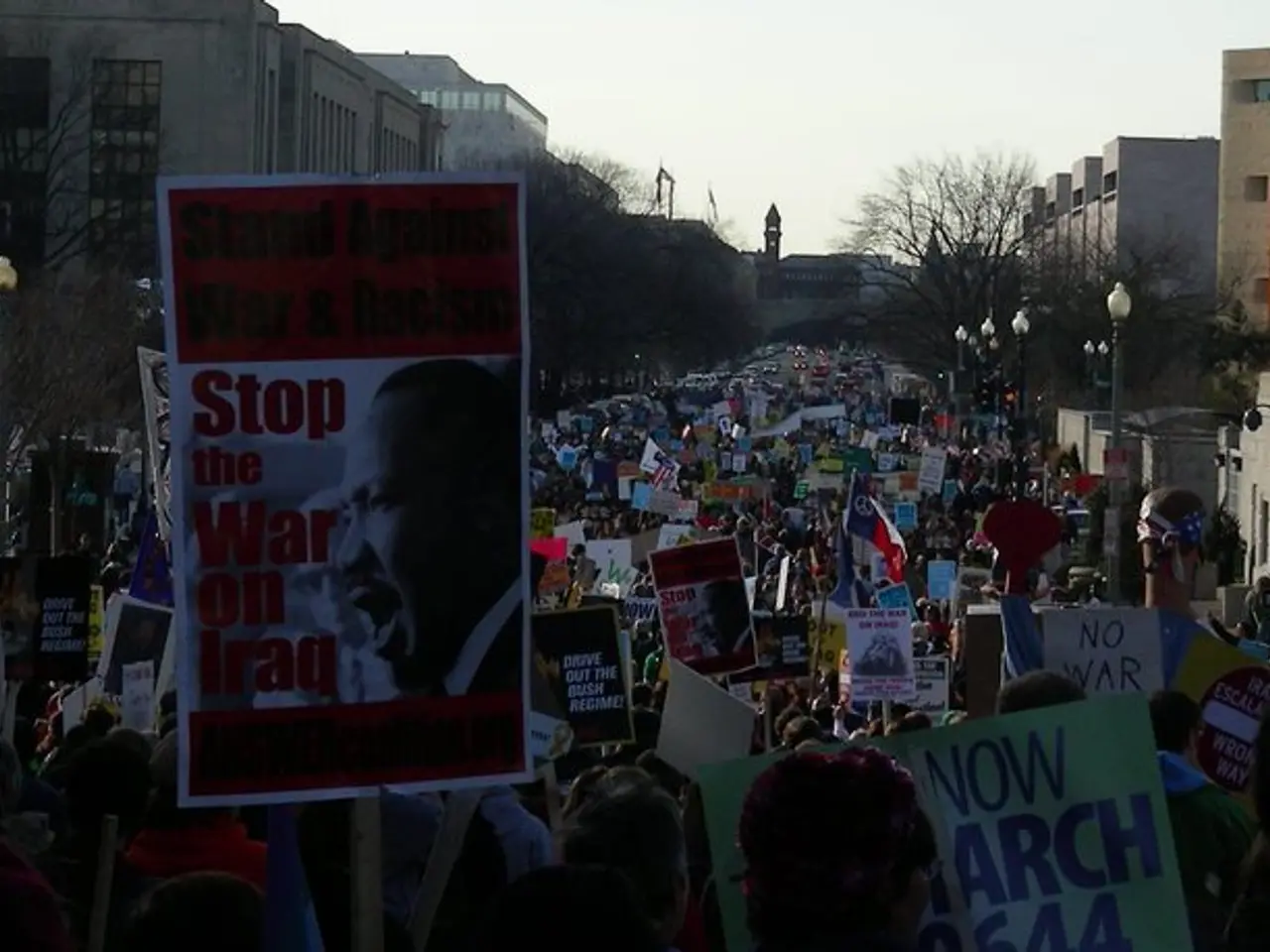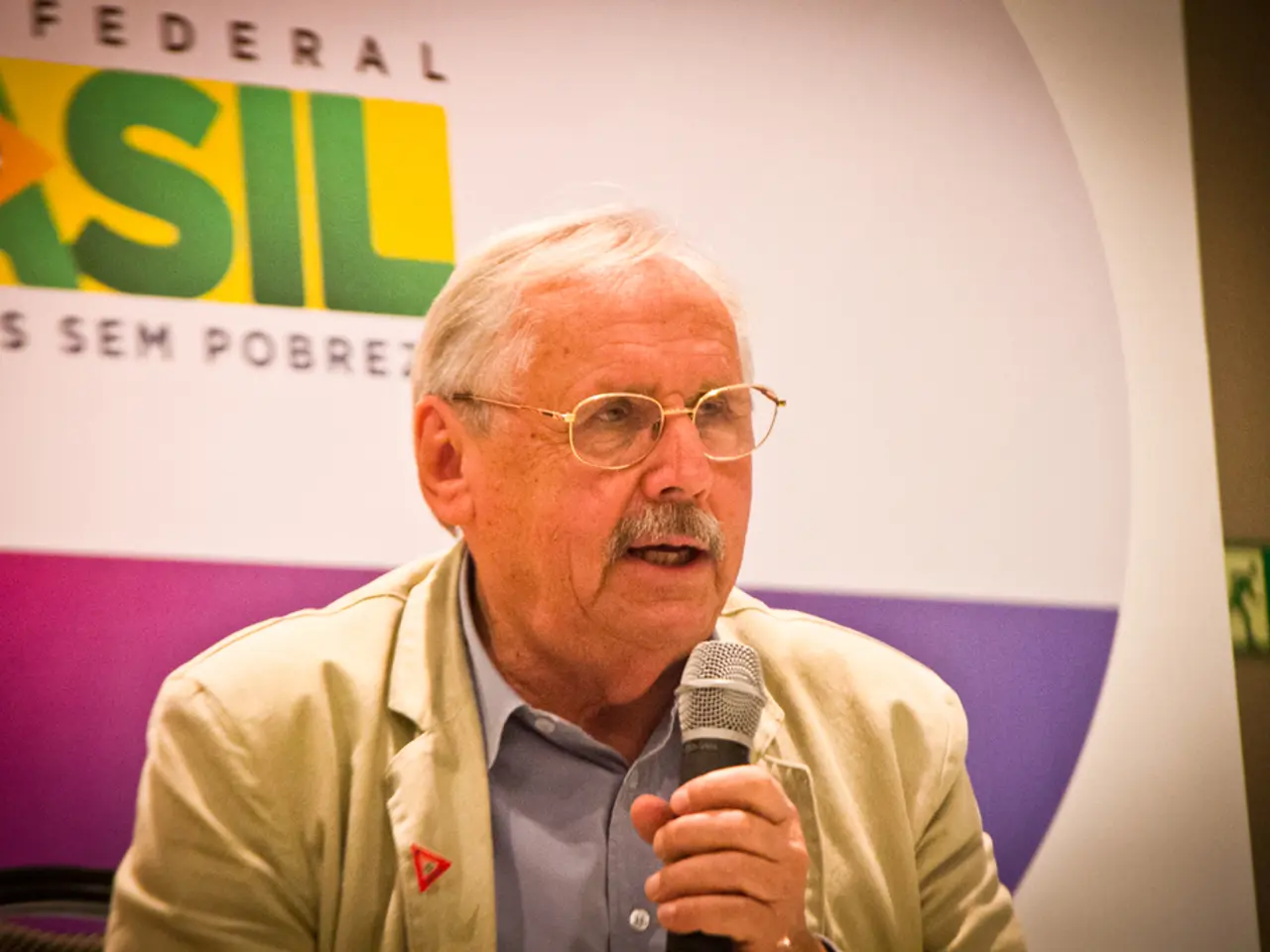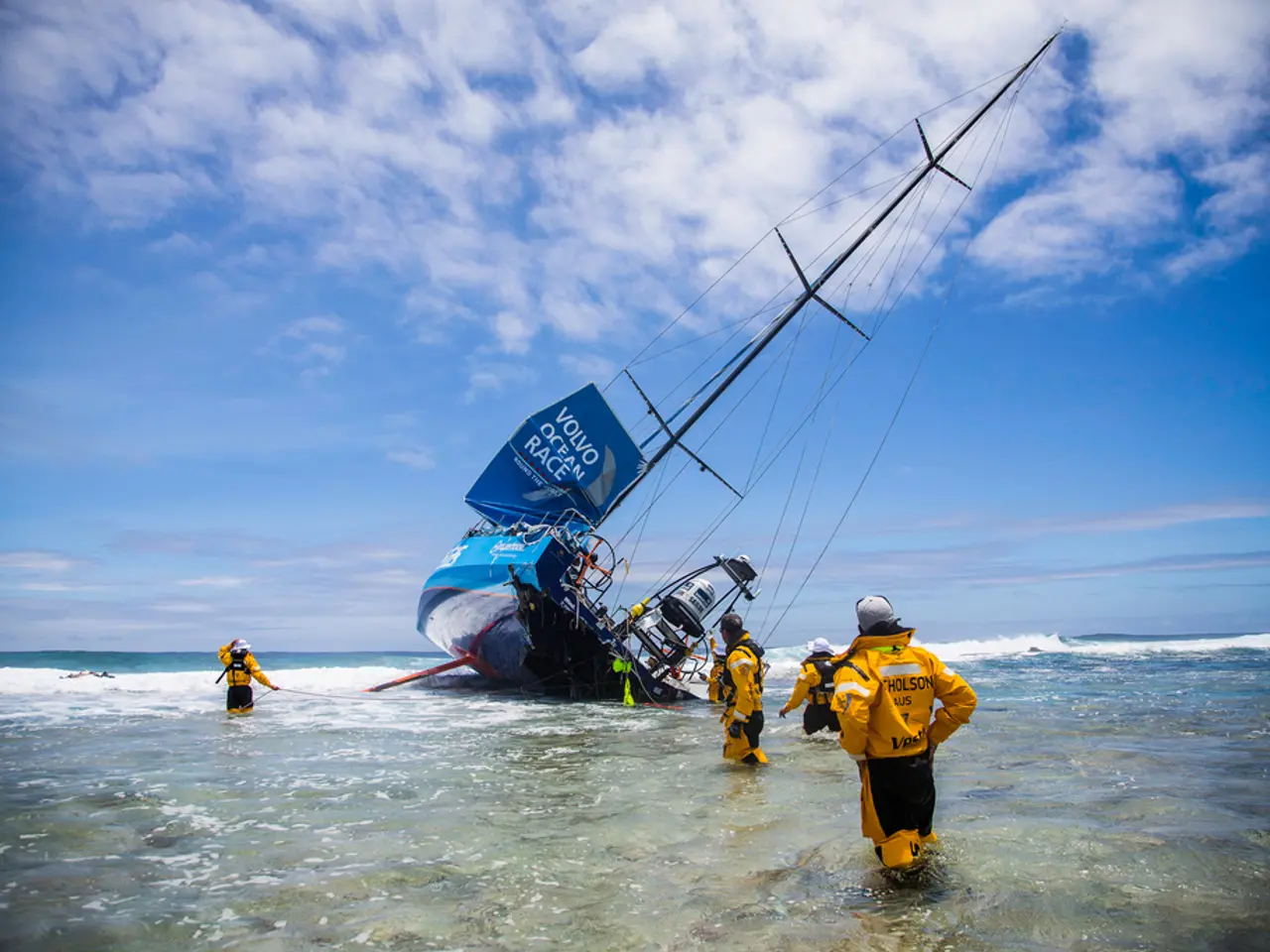Criticism escalates regarding suppression of opposition in Georgia by European nations
In a significant turn of events, Georgia finds itself at the centre of a profound political crisis, with human rights concerns being raised by various European countries and the European Union (EU).
Key developments in the region include:
1. **Democratic Backsliding and Repression:** Since the October 2021 parliamentary elections, which were widely criticized for fraud, the ruling Georgian Dream (GD) party has taken increasingly repressive measures. This includes the jailing of several major opposition figures, the boycott of Parliament by opposition parties demanding new elections, and the systematic dismantling of electoral competition. The government has also enshrined a "Foreign Agents Law," modeled after Putin's Russian law, restricting funding and operations of civil society groups perceived as undesirable, severely constraining democratic freedoms.
2. **Human Rights Violations:** The European Parliament (MEPs) has expressed deep concern about arbitrary detentions, harassment, and violence against journalists in Georgia. They have condemned the politically motivated arrest of journalist Mzia Amaglobeli and called for the immediate release of all political prisoners, including opposition leaders and former President Mikheil Saakashvili. The EU resolution urges the repeal of repressive laws and the restoration of media freedom and civil liberties. There is also grave concern over escalating attacks on NGOs, jeopardizing civil society work.
3. **International Condemnation and Calls for Dialogue:** The Council of Europe's Congress President, Marc Cools, has deplored the deteriorating political climate, emphasizing that arrests of opposition leaders are hindering political dialogue. He regretted the opposition's boycott of the October 2022 local elections, noting the lack of trust-based conditions for fair participation. The Council of Europe has called on Georgian authorities to resume inclusive political dialogue, stop persecution of opposition, and create conditions for democratic local elections.
4. **Restrictions on Election Monitoring and Media Freedom:** The Organization for Security and Co-operation in Europe (OSCE) was not invited to observe the upcoming local elections, and new government regulations further limit journalistic freedom and civil society oversight. The government's targeting of observation organizations through the Foreign Agents Law makes monitoring elections and reporting very difficult.
The Georgian government denies moving closer to authoritarianism and has stated that its actions are to maintain law and order. However, the opposition and protesters, numbering in the thousands, have taken to the streets in mass protests against the government, accusing it of sliding into authoritarianism.
In a joint statement, European countries, including Germany, France, and the United Kingdom, have condemned repression against the opposition in Georgia. The statement warns that the Georgian authorities may face the use of all available tools if they continue to take measures that undermine democracy and human rights in Georgia. The joint statement does not specify what "all available tools" include. The EU has also issued a similar condemnation.
The government's actions have escalated tensions in Georgia, with the freeze of the EU accession process in November being a significant blow to the country's aspirations for closer ties with the West. The government's actions have also been met with violence, as the mass protests were met with violence from the authorities.
In a significant development, former President Mikheil Saakashvili was arrested in 2021 on charges of abuse of office. The parliamentary committee is currently investigating alleged crimes during his tenure. At least five opposition politicians have been sentenced in recent weeks for refusing to testify before this committee.
As the situation in Georgia continues to unfold, the international community, particularly European institutions, are calling for the release of political prisoners, the restoration of democratic norms, protection of media freedom, and inclusive political dialogue to resolve the crisis ahead of the October 2022 local elections.
- The European Parliament, as part of the general news, has expressed concerns about the employment policy in Georgia, specifically the arrests and persecution of journalists, opposition leaders, and former President Mikheil Saakashvili, which is a violation of human rights and freedom of speech.
- The Council of Europe's Congress President, Marc Cools, in the realm of politics and policy-and-legislation, has decried the war-and-conflict-like environment in Georgia, with opposition leaders being arrested hindering political dialogue and the opposition's boycott of elections jeopardizing conditions for fair participation.
- European countries, in their joint statement, have condemned the Georgia government's employment policy, including the repression against the opposition, and have hinted at the use of "all available tools" if the situation continues to undermine democracy and human rights.
- Car-accidents have not been a major issue in the crisis, but the restriction on election monitoring and media freedom by the Georgian government, through the enactment of the Foreign Agents Law, has made monitoring elections and reporting very difficult, hindering transparency in the upcoming local elections.







